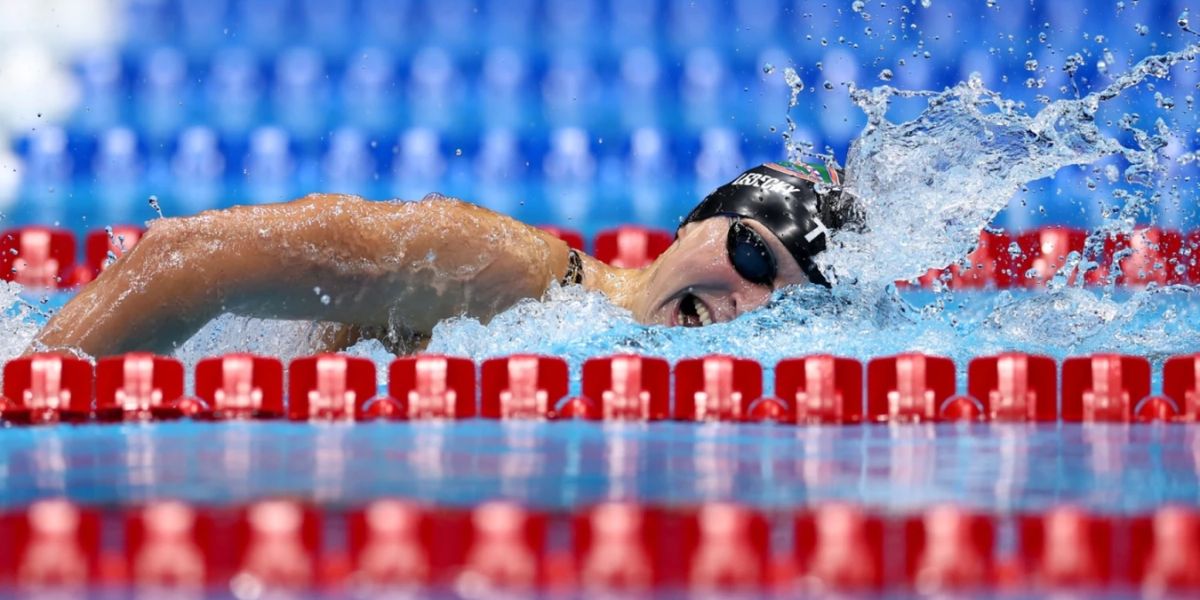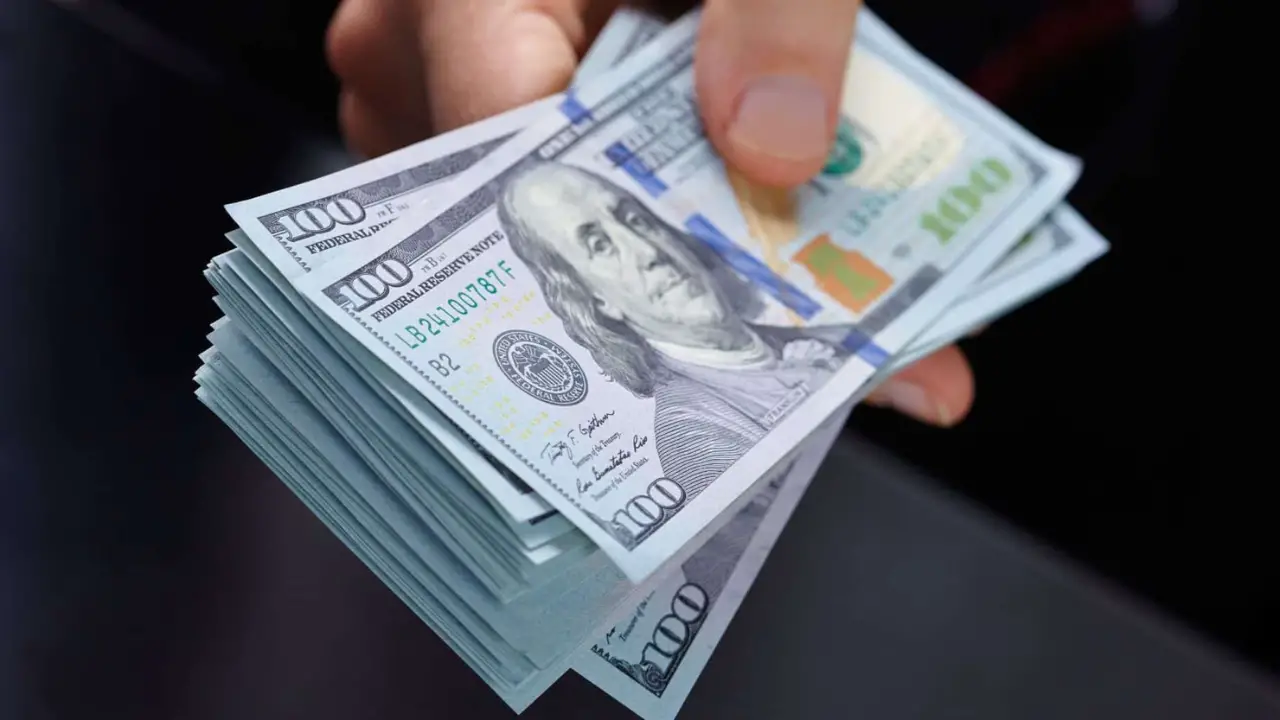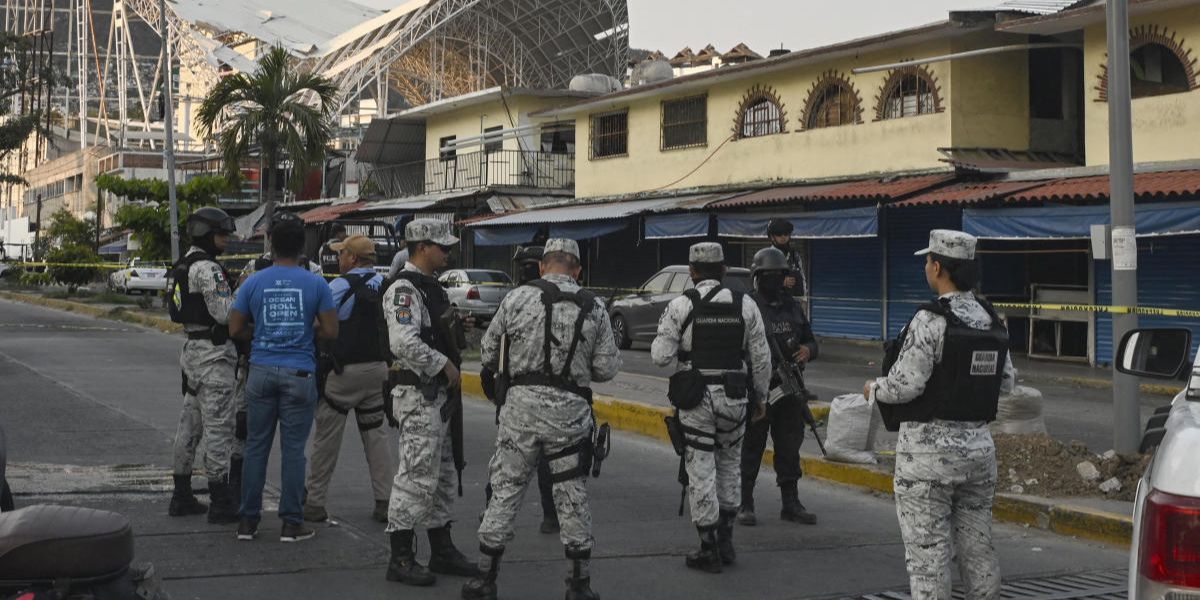11 swimmers from China who are involved in a doping controversy are going to the 2024 Summer Olympics in Paris.
The Chinese Swimming Association identified nearly a dozen swimmers who tested positive for the cardiac medication trimetazidine in 2021 among the 31 athletes on its swim roster, which it announced on Tuesday.
Although the tests were conducted three years ago, the results were only made public this year, which infuriated the World Anti-Doping Agency and China alike on a global scale. The 23 swimmers who failed tests unintentionally consumed food tainted with the chemical, known as TMZ, which was detected in “very low levels,” according to China’s explanation, which WADA said it accepted.
Two of the swimmers went on to win Olympic gold after WADA secretly cleared them of any wrongdoing and permitted them to compete in Tokyo 2021.
Of the 23, eleven were confirmed on Tuesday to be part of the Chinese squad that will participate in the Games in a month.
These include Wang Shun, the gold medallist in the men’s 200-meter individual medley and Zhang Yufei, the gold medallist in the women’s 200-meter butterfly and 200-meter freestyle relay.
The charges of doping have been sharply refuted by Chinese officials, who have described them as “false,” “misleading,” and “defamatory.”
The scandal may have an impact on the swimming competitions in Paris in 2024, as some have accused WADA of having unfair practices. After banning Russian figure skater Kamila Valieva, who also claimed to have been tainted with TMZ ahead of the Beijing 2022 Winter Games, the doping agency cleared China’s swimmers.
The CEO of the United States Anti-Doping Agency, or USADA, Travis Tygart, described the news of the positive Chinese tests as “crushing.” He claimed that up until now, Chinese and international anti-doping organizations have “secretly, swept these positives under the carpet.”
Read Also: Ecuador Reimposes Visa Rule for Travelers from China
Before Paris, American swimmer Katie Ledecky, who won a gold medal, declared last month that trust in the anti-doping system had reached a “all-time low.”
Additionally, testimony on anti-doping measures is set to take place on Capitol Hill next week at a House Energy and Commerce subcommittee hearing including two more American swimming greats, Michael Phelps and Allison Schmitt.
The Times and USADA have been charged with producing “false accusations and misleading, defamatory reports,” according to Chinada, the China Anti-Doping Agency.
When the swimmers tested positive at the national competition, Chinada reported that its officials had discovered traces of TMZ in the hotel kitchen in the city of Shijiazhuang. “An isolated mass incident caused by athletes’ unaware consumption of food contaminated with TMZ” was the cause of the readings, and “no fault or negligence” on the part of anyone involved was discovered.
In keeping with China, WADA has also chastised the media harshly, labelling it as “misleading and potentially defamatory” in multiple instances. It declared in an April statement that “there was no specific scientific element to the contamination scenario and that the contamination scenario was plausible.”
Three of the 23 Chinese athletes tested positive for clenbuterol, a separate performance-enhancing substance, between 2016 and 2017, according to a Times report that was verified by WADA last week.
The Times reports that the three athletes are part of China’s Paris squad. WADA did not verify their identities.
The doping agency referred to the Times article as “sensationalist and inaccurate” and stated that the traces of the steroid had been “ingested through meat contamination.”




